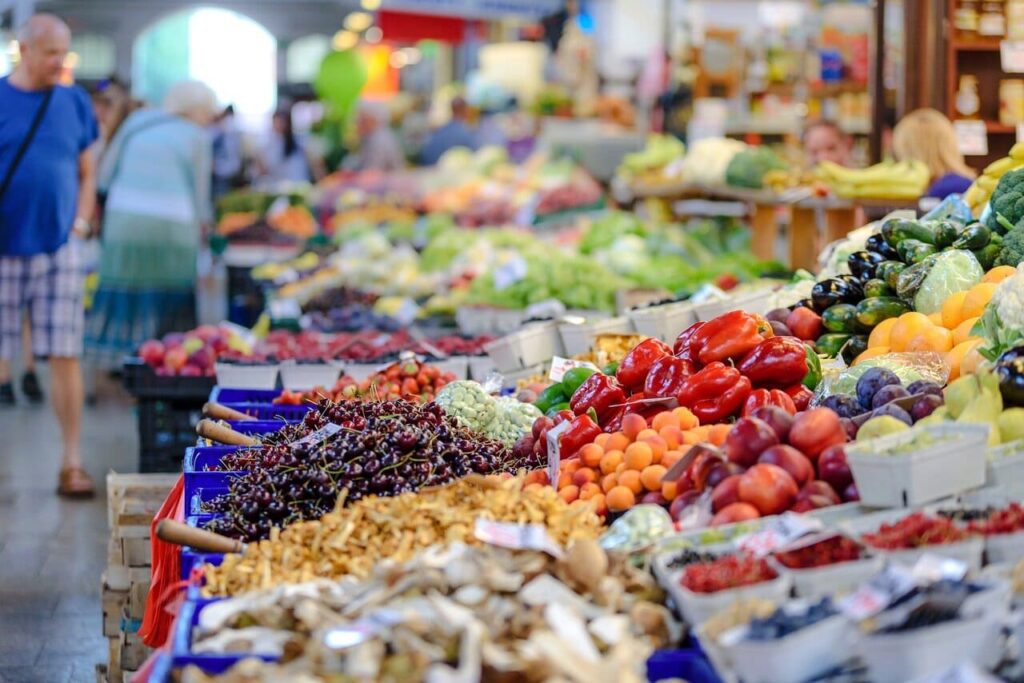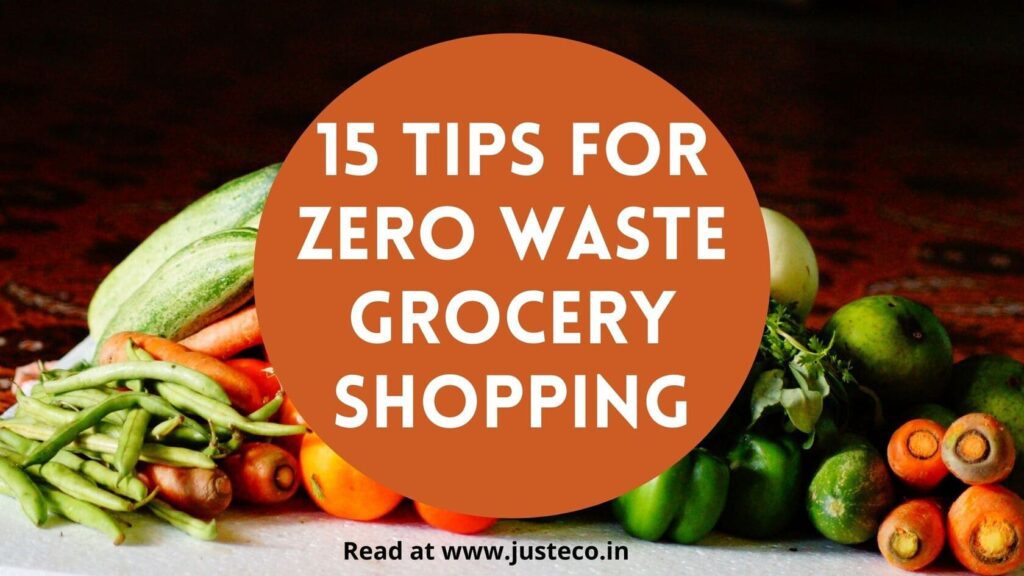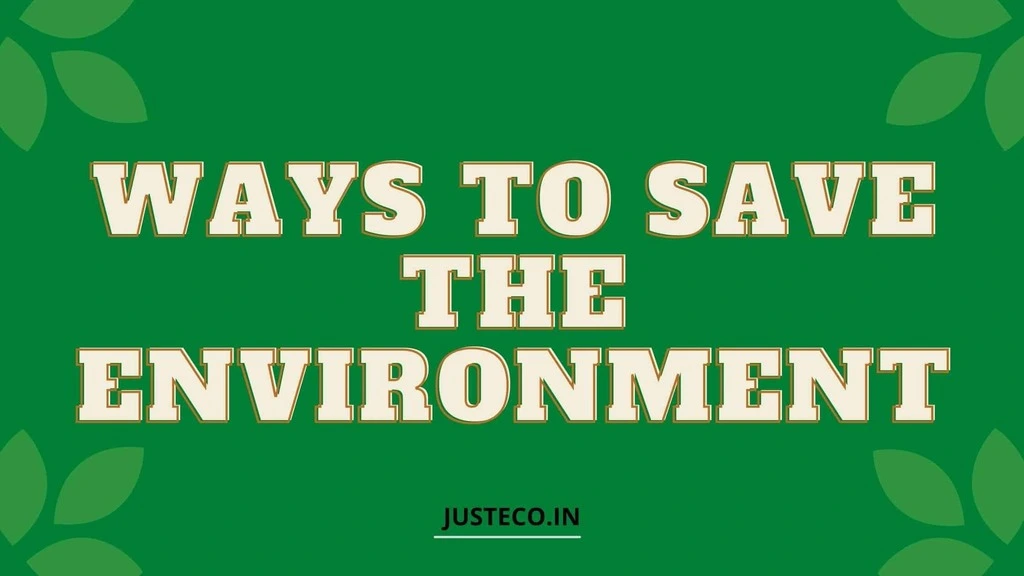It is undeniable that we live on this beautiful and unique planet full of abundant and biodiversity nature. But, unfortunately, from the last 50 years, our natural and wild areas have declined in quantity and quality from pollution, resource extraction, and deforestation.
Nowadays, plastic is extremely prevalent in everyone’s life, from eco-friendly straws and disposable bags to coffee cups. I have always been passionate about sustainable livelihood.
From the lifestyle point of view, the concept of zero waste life helps me to rethink my purchases, selections and make decisions that align with my standards.
I was surprised by how many people were interested in the standard of living. They wanted to lessen their trash and impact. Hence, do you want to know more about how we can tackle waste in our living? It begins with groceries!
Here are some important tips for zero waste grocery shopping that are very helpful for you, such as below:
15 Tips For Zero Waste Grocery Shopping
Select free of alternative plastic packaging
If you want an item of food that is tough to search in the bulk stores, look for selections that are packaged in cans, glass, and cardboards that may be fully recycled. So you may buy your coconut oil, vanilla extract in glass, tomato sauce in cans, and pasta in the cardboard box. Plastic-free alternative packaging is a good option for Zero waste grocery shopping.
Select fresh food
Fresh food is good for heart health and great for balanced sugar levels and controlling blood pressure. So this proves to be a great option when you are trying grocery shopping as it retains more nutrients. Hence fresh foods are magnificent for health and people’s well-being.
Understand your sources
Another best Tip for zero waste grocery shopping is to know your resources. This Tip may foster eco-friendly or environment-friendly grocery shopping habits for those persons who may not shop nearby.
In addition, researching where your food arrives from and who makes it provides you a good idea of what type of things or practices they use. So when you understand your resources, then it will be helpful for you for grocery shopping.
Bring your bags
The best way to decrease waste in your shopping tour is to carry your bags. Use various huge canvas totes bags or other bags with a handle to take your items or food home. Do not accept plastic grocery bags, even if you forget your bags. Also, use eco-friendly travel products Always use your bags during grocery shopping.
Bulk up
Buying food in bulk means reducing packaging. However, are we doing well if we finish pouring food into plastic bags?
Thinking ahead means carrying your reusable silicone baggies and empty jars. The silicon baggies are the best idea for buying in bulk as they are foldable, light, and easily transported in large numbers.
When you get home, transfer all the items into your storage containers or jars, wash the baggies, and have them collected together to go for the upcoming trip.
Seem for seasonal produce
Seasonal produce gives similar ecological advantages as regional goods. Nearby foods developed in season needless transportation to create it to your market. This means fewer representatives to keep them fresh on the trip.
However, if a store sells pineapples when they are out of the season, they would probably have to get them from a faraway source. So long-distance food can even lose few nutrients while transiting, but local foods are typically sold within harvesting days.
Additionally, the farmers market is the best option to go and seek seasonal produce through your local grocery shop.
Few crops begin hitting grocery store shelves in the United States in each season
- Spring:- Cabbage, carrot, lemons, broccoli
- Fall:- Grapes, ginger, mangos, carrots, sweet potatoes
- Winter:- Beets, kale, turnips, oranges, pears, pumpkins
- Summer:- Plums, okra, garlic, watermelons, cucumbers
Carry a cloth bag for bread
Use a cloth bag to buy your bread and another item. You may purchase these online and also use a little pillowcase. Bea Johnson of Zero Waste Home book suggests washable wax crayons for writing goods or products code on the bag.
Local shop

If your grocery shopping store is a sea of plastic, there are other methods to lessen the impact of your vegetable and fruit. For instance, focus on purchasing food that was developed nearer to home since it had a smaller tour from farm to the grocery store.
Foods from outside of your area require to be transported by plane, boat, and truck. That means GHG (Greenhouse Gas) emissions enter the air with every shipment, especially if the distance is widespread.
Moreover, the farmer’s market is the best place to go for local and affordable goods. Most local farmers’ market stands will not offer you plastic containers or bags. So this is the best option for Zero waste grocery shopping.
Avoid little and wasteful things
Avoid small and wasteful items that typically end up trash like bread tags, plastic code stickers, twist ties, paper lists, and receipts. This is considered to be the most renowned Tip for zero waste grocery shopping.
Select Recyclable packaging and avoid products with overload packaging
If you want to buy pre-packaged things, then always select recyclable packaging made of metal, glass, or paper over less grade plastic packaging. Do not forget plastic is never recycled.
Besides, always be ready to refuse items that are based upon packaging. Moreover, avoid products that contain excess packaging. This is the best Tip for zero waste grocery shopping.
Compost
Another best way is to reduce waste further is compost. For example, when you arrive home from a grocery shopping tour, you get into a routine composting all of your foodstuff scraps. Some compost bins may be kept indoors like a litter box if you do not have yard space and all food waste finds its method back to nutritious soil instead of adding to garbage bulk.
After that, when you first make some zero waste trial runs, you would be amazed to find how fast these behaviors may become new normal. However, always remember that even making a few alters or lessen waste is a significant step, so don’t try to be hard on yourself if you search for yourself back into the packaging place.
Reuse Containers and produce bags
Take reusable containers and more giant glass jars to store. Use these where a thing requires to be weighed. The employee may tear the jar on the scale before filling it with whatever fish, olives, sandwich meat, and deli products you need.
One good way to zero waste grocery shopping is to skip the plastic shopping bags in the store. Furthermore, buy reusable cotton produce bags and use them for buying vegetables and fruits. If you are looking for grocery shopping tips, this is a good Tip for zero waste grocery shopping.
Strike up the service counter
The butcher, fishmonger, and butcher counters are where you are required to head if you are concerned about extreme plastic or styrofoam waste. Those silicon baggies are best for bulk buying, come in many sizes, and an excellent method to ask for your cheeses, fish, and meats to be packed.
Try to eat plant-based food
You are not required to give up chicken to eat sustainably, but it is the best idea to integrate vegetables and fruits into your recent diet wherever possible. When you want to buy plant-based foods or products, it is essential to consider the techniques of farmers that growers utilize.
A 2018 study found that the largest way to lessen your environmental impact and reduce your waste is by executing a vegan diet—plant-based food packed with nutrients. So buying and eating plant-based food is an excellent Tip for zero waste grocery shopping.
Always keep additional bags in your car
One best way is to make sure that you do not force to utilize plastic bags, so always keep cloth bags in your car. Then, when you unpack your grocery, run out and put all the bags in the car back. The perfect way to ensure waste is reduced in your shopping trip is to carry your extra bags.
Conclusion
It is pretty clear that Zero waste is the trip. It is not about the end destination but about all the dissimilarities you may make along the way.
The list, as mentioned above, of tips, helps reduce all waste and helps to lessen your impact vastly. All these tips have been deeply researched prior to incorporating it in the article. I hope all these tips for zero waste grocery shopping are helpful for you to understand deeply.
Consequently, if you like all these tips and found them beneficial in moving towards Zero waste goals, kindly let me know in the comments below. Also, tell me what you think, which is the number one tip from the above list? Please also share your ideas and thoughts. If I missed any tips, then it would be helpful.
More Articles:
- Creative Recycling Bins : How Colour Coded Bins Help To Encourage Recycling
- 9 Best Wooden Sunglasses Brands You Should Know – Just Eco
- Green Business Ideas: How Eco-Friendly Business Ideas Will Change Your Life
- 9 Magnificent Eco-Friendly Traditional Products, India Using From Years




